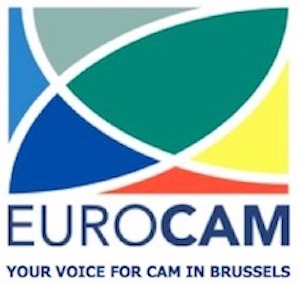Traditional, Complementary and Integrative Healthcare - the untapped potential
What is Traditional, Complementary and Integrative Healthcare (TCIH)TCIH refers to the respectful collaboration between various healthcare approaches, their health professionals and experts to offer a person-centred and holistic approach to healthcare. It focuses on the whole person, is participative, respects individual choices and cultural diversity and integrates clinical experience and patient values with the best available research information. TCIH modalities include Acupuncture and Traditional Chinese Medicine, Ayurveda, anthroposophic medicine, herbal medicine, homeopathy, medical hypnosis, mind-body medicine, naturopathic or traditional European medicine, and Reiki therapy. The draft WHO Global Traditional Medicine Strategy 2025-2034WHO has drafted and extensively consulted with Member States about a new Global Traditional Medicine Strategy scheduled for adoption by the 156th WHO Executive Board Meeting and the 78th World Health Assembly in 2025. "The draft strategy aims to maximise the contribution of Traditional, Complementary, and Integrative Healthcare (TCIH) to the highest attainable standard of health and well-being for the benefit of all [...]." The four strategic objectives of the draft strategy focus on:1) the cross-sector value of TCIH; |
TCIH situation in Europe
1.Kemppainen L.M. Scand J Public Health.2018 Jun;46(4):448-455 |
Recommendations to Member states:EUROCAM recommends that countries endorse and implement the draft
|
About EUROCAM:EUROCAM represents healthcare professionals and patients in the field of Traditional, Complementary and Integrative Healthcare (TCIH) in Europe. EUROCAM members include organisations representing acupuncture and Traditional Chinese Medicine, Ayurveda, Anthroposophic Medicine, Acupuncture, Herbal Medicine, Homeopathic Medicine, Naturopathic or Traditional European Medicine, and Reiki. The practice of TCIH modalities is based on clinical expertise, the best available clinical evidence from scientific research built over the last few decades, and centuries of traditional use. EUROCAM is an accredited non-state actor to the WHO Regional Office for Europe. EUROCAM is also a founding member of the TCIH Coalition, a global alliance of TCIH healthcare practitioners, patients, researchers, and educators. For more information: www.cam-europe.eu | secretariat@cam-europe.eu; communication@cam-europe.eu |
